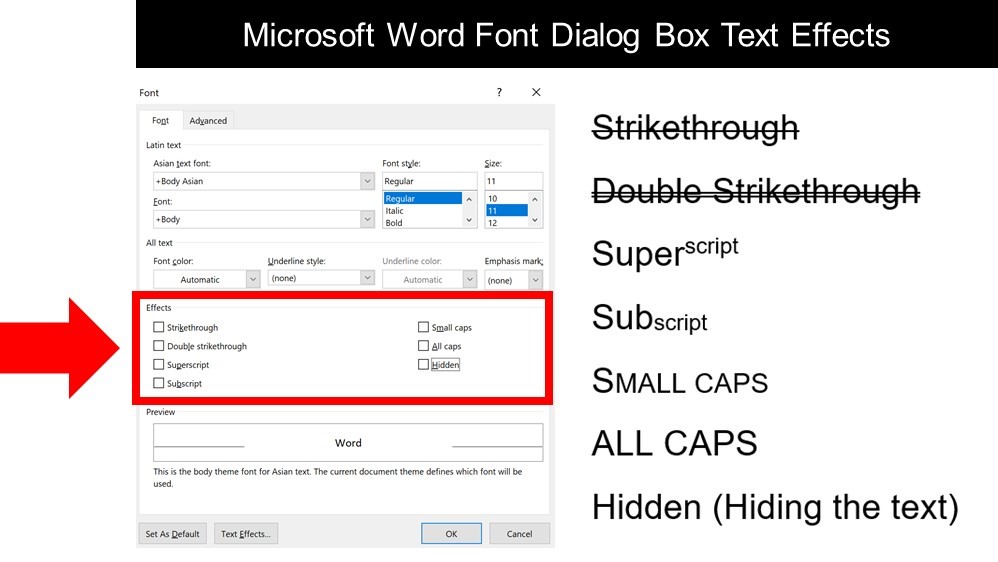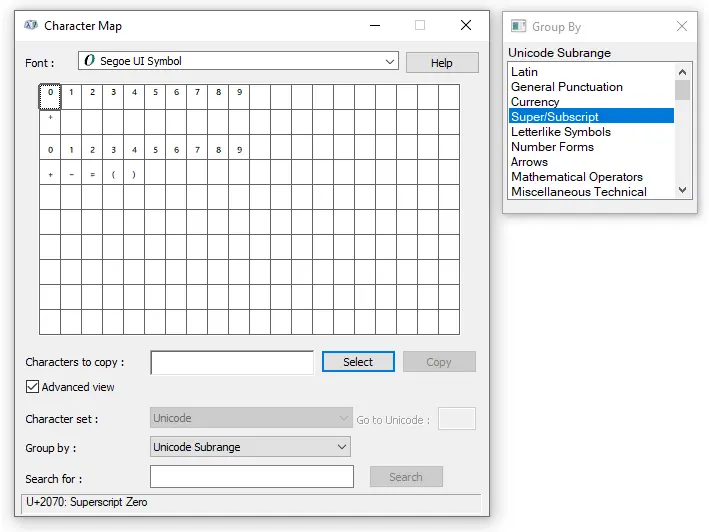

Then Click on the word icon A (SuperScript) on the right hand corner of the OpenOffice Writer screen. Step 1: Highlight the exponent you want to create.
Openoffice subscript shortcut mac how to#
Instructions for performing exponential insertion in OpenOffice Writerįor example, you want to write the algorithm 103 x 83 = … However, you do not know how to create exponents for calculations. Another feature of OpenOffice is the exponential insertion, which supports the user to use algorithms on the OpenOffice Writer editing tool.

Users can easily make a bar in Openoffice to align pages, margins of text. The interface of OpenOffice Writer is well cared for, suitable for many users.įeatures to assist users in writing documents on OpenOffice office toolkit are very complete. There is a lot lighter capacity than LibreOffice However, OpenOffice Writer also integrates applications that competitors have.

You can change the style by clicking on that button and selecting.LibreOffice and OpenOffice are the most popular freeware users after the Microsoft Word toolkit.

To see what style a paragraph is in, simply click somewhere in it, and look at the style button near the left end of the formatting toolbar. If you do this, the footnote (or endnote) will still be of style "Footnote" (or "Endnote"), so either assign the other style manually, or remember this and be careful to change the correct style even thought its name doesn't fit so well any more. This opens a dialog box where the change can be made. To change a footnote to an endnote or vice versa, right-click on the footnote/endnote anchor and select Footnote from the pop-up menu. Putting a heading over your Endnotes Changing footnotes to endnotes and vice versa
Openoffice subscript shortcut mac manual#
If the main text of the Footnote is long enough to wrap to additional lines, they will start at the normal paragraph indent for the Footnote paragraph.įootnotes (and Endnotes) are an especially important place to use Styles rather than manual formatting otherwise it will be very difficult to make them all look the same. It may be possible to control the space between the "Footnote Characters" (or the "After" text if any), and the main text of the Footnote, by defining a tab stop where you want the main text of the footnote to start, but this seems troublesome sometimes. The "Footnote Characters" (or the "Before" text if any), will start at the first-line indent position of the "Footnote" paragraph. You can use this to shift the numbers over, or to put space between the numbers and the main text of the Footnote. You can also fill text in to the "Before" and "After" boxes, which will be inserted automatically before and after the "Footnote Characters". Under Tools / Footnotes, you can control how footnotes are numbered, and even change which styles names are used to control each part (though that might get very confusing!). You can control the font and other properties of all your footnotes, by modifying the corresponding style. This is controlled by a Page Style (the fourth icon under Format / Styles and Formatting), named "Footnote" (don't confuse this with the Paragraph style of the same name!). It might have a horizontal line or extra space above it, or other effects.


 0 kommentar(er)
0 kommentar(er)
